Another week, another stack of incredible reads! The literary world keeps delivering, and we’re here to share the standouts that captivated us over the past seven days. From thought-provoking non-fiction to gripping thrillers and nuanced dramas, here are the books we couldn’t put down this week.
1. Is a River Alive? by Robert Macfarlane (Norton)
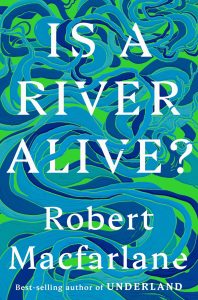
In this elegant travelogue, Robert Macfarlane journeys to rivers in Ecuador, India, and Canada to ponder a profound question: can a natural entity like a river truly be considered a living thing? Macfarlane contrasts the legal rights often afforded to corporations—which frequently damage rivers through dams, drilling, and diversion—with the emerging “rights of nature” movement. He highlights Ecuador’s 2008 constitutional amendment that enshrined some of these precepts, successfully protecting the country’s waterways. Macfarlane sees such policy as a source of optimism, noting that “Rivers are easily wounded… But given a chance, they heal themselves with remarkable speed.”
2. The Doorman by Chris Pavone (MCD)
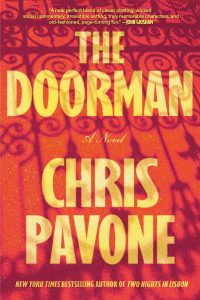
Chris Pavone’s politically charged thriller unfolds over one fateful day at The Bohemia, a luxury Manhattan apartment building. Here, a doorman becomes entangled in the high-stakes dramas of its overtly wealthy residents. Pavone masterfully uses current culture war signifiers to evoke a fiercely polarized New York City, where every interaction is steeped in discussions of race, class, and politics. The novel features a diverse cast—from society ladies to defense contractors and a Ukrainian super—and ultimately pivots on a decaying marriage, a doomed affair, and a business deal gone wrong, all combining to trap the “unerringly patient and unfailingly nice” doorman in a cataclysmic event.
3. Cooler Than Cool by C. M. Kushins (Mariner)
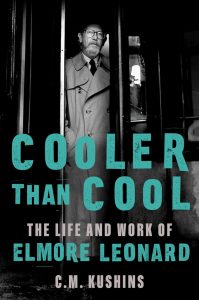
C. M. Kushins’s biography of Elmore Leonard, the prolific author of over forty novels (Westerns, thrillers, and crime fiction like Rum Punch and Get Shorty), reveals how much closer to his own life Leonard’s writing often was than readers suspected. The book showcases how Leonard recycled every experience, whether mundane or intense, for his creative process, delving into his relationship with alcohol, his Hollywood encounters, and his sheer discipline. The result of this discipline was a body of work that pioneered a new chapter in American prose, marked by its acute sensitivity to the nuances of spoken English. As Kushins humorously notes, “Many folks, in many novels, might remark, ‘You certainly have a long winter.’ But only someone in a Leonard novel would reply, ‘Or you could look at it as a kind of asshole spring.’”
You may also like:
4. Among Friends by Hal Ebbott (Riverhead)
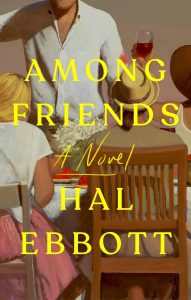
Hal Ebbott’s finely crafted debut novel meticulously examines a decades-long friendship between two men: a humble therapist and a wealthy lawyer. During a birthday celebration at the lawyer’s upstate home, attended by their wives and teenage daughters, seemingly minor incidents—like a private, cutting remark and a tennis court injury—set the stage for a monstrous act. The aftermath exposes the deep-seated self-interest underlying their relationships. This book is both perceptive and unflinching in its portrayal of the transactional nature of human connection, echoing the therapist’s thought that in a true friendship, “each of you knows that you’ve gone somewhere you can’t get on your own.”
5. Hunter by Shuang Xuetao, translated from the Chinese by Jeremy Tiang (Granta Magazine Editions)
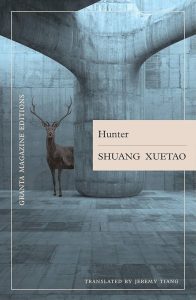
From one of China’s most compelling young writers, Shuang Xuetao’s Hunter is a collection of stories that blend gritty realism with surreal elements to capture the essence of contemporary Chinese life. Whether it’s a son’s nighttime ambulance ride with his father that unearths buried traumas, or a method actor growing increasingly paranoid, Shuang’s narratives underscore the precarity of his characters’ lives and environments. He brings a distinctive, digressive humor and a flair for genre to these tales. A story from this collection previously appeared in Granta Magazine.
6. Mafalda by Quino, translated from the Spanish by Frank Wynne (Elsewhere Editions)
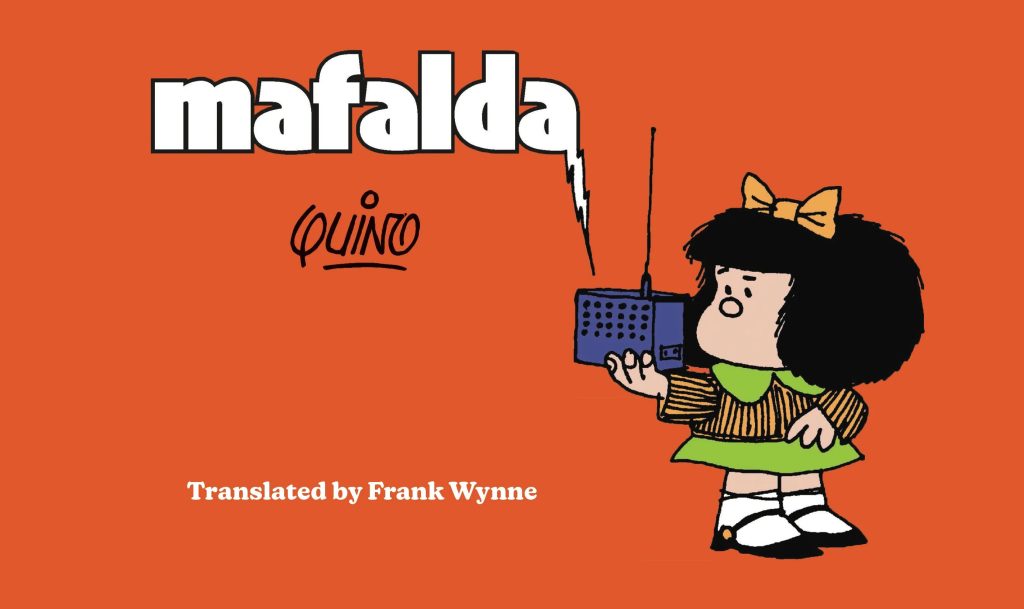
The iconic comic strip “Mafalda,” originally published in Argentina from 1964 to 1973, remains a profound cultural touchstone for Latin Americans, having sold tens of millions of books in Spanish alone. Translated into over 25 languages, the strip tackled serious subjects like nuclear annihilation, government inefficiency, the “brain drain,” military coups, labor strikes, and inflation. Yet, it did so without being didactic, always filtered through the perspective of its precocious and endlessly curious six-year-old protagonist. In June [2025], the first of five volumes presenting the complete Mafalda run in English, translated by Frank Wynne, was released, marking the strip’s debut publication in the United States.
7. I’ll Tell You When I’m Home by Hala Alyan (Avid Reader)
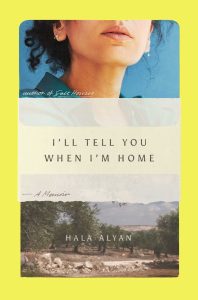
Hala Alyan, a Palestinian American poet, delivers an affecting memoir structured around a surrogate pregnancy. However, its emotional core lies in the difficult experiences that precede it: infertility, miscarriages, a strained marriage, and exile. Told in fragments, the book spans Alyan’s nomadic upbringing in places like Kuwait and Beirut, and her adult life in the United States. Storytelling, particularly among women, is presented as a vital means of finding continuity amidst both geographical and political ruptures. Alyan eloquently reflects on the contradictions of her bicultural background, writing, “You exist in both identities like a ghost, belonging to neither.”